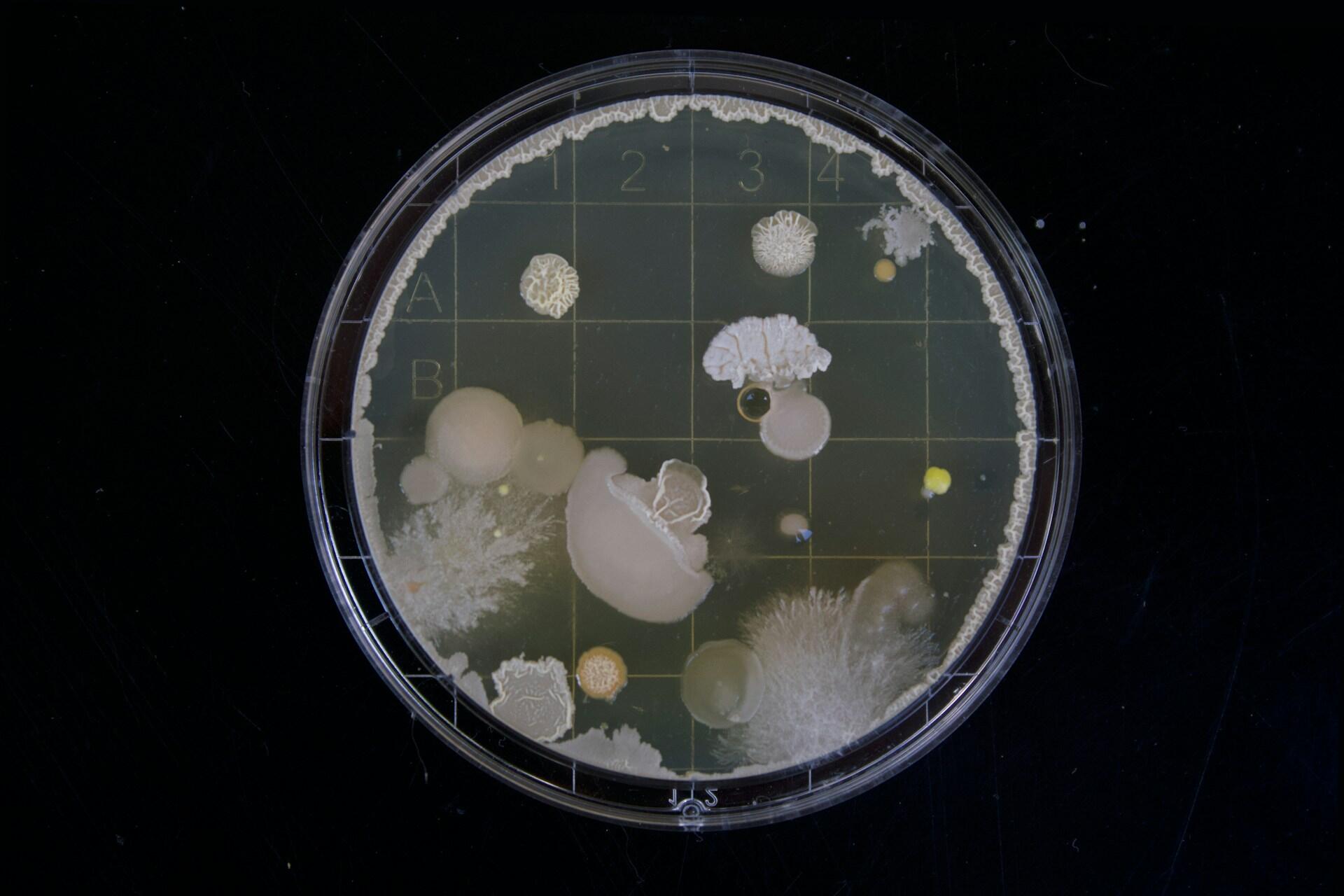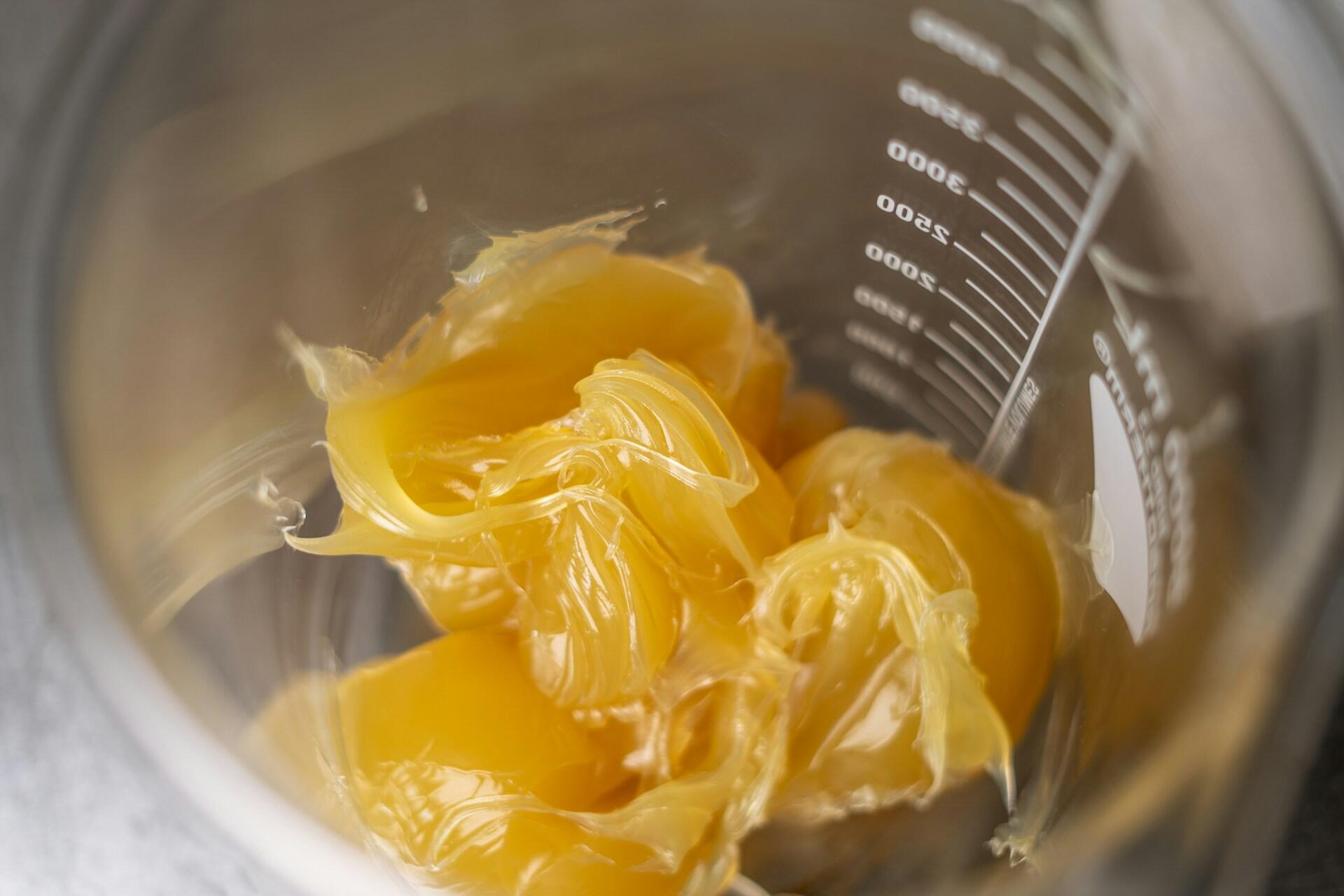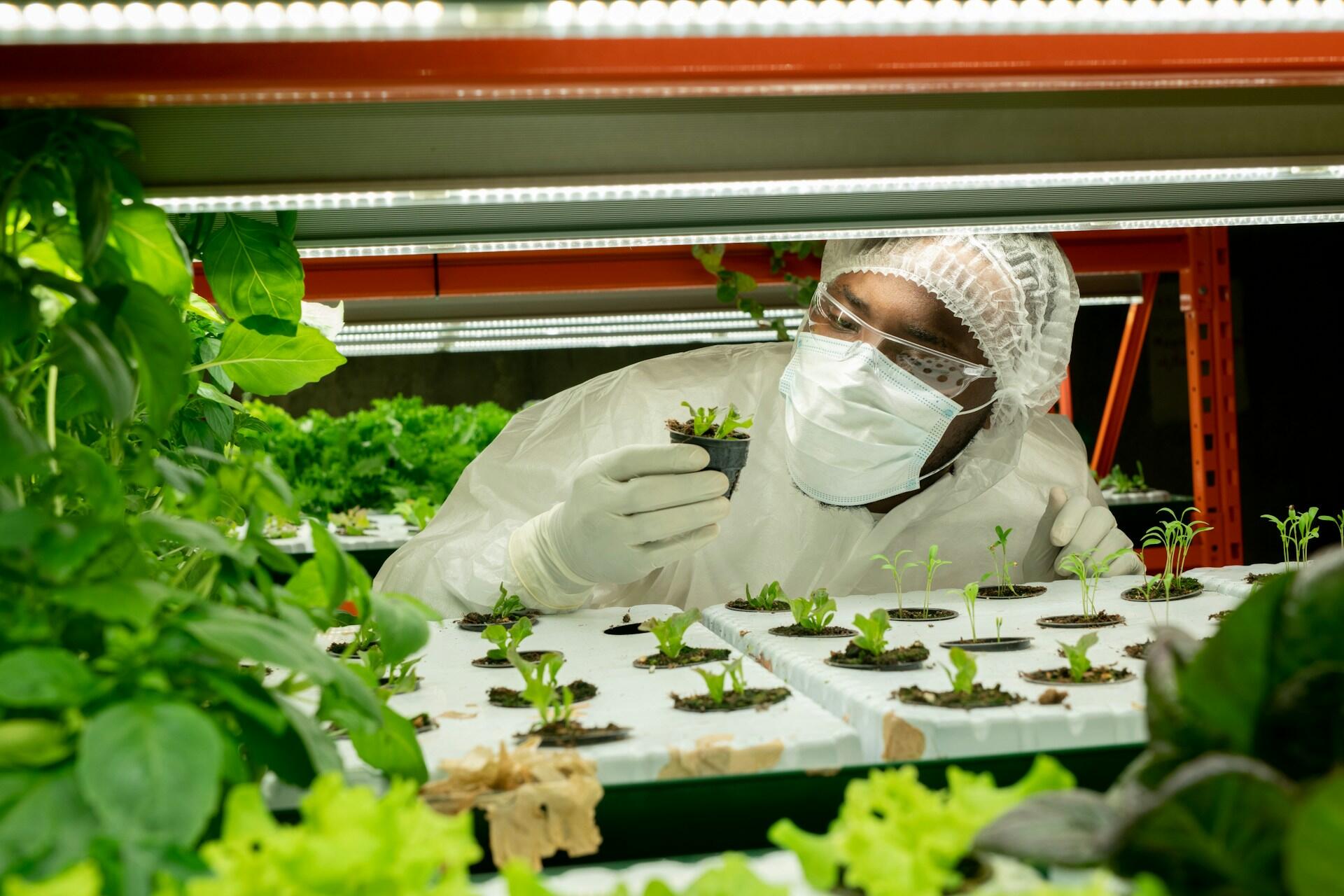According to EduRank, 38 of Australia's 44 universities offer food science and nutrition degrees. That platform arranges these schools from the best (University of Queensland), to the last-ranked (Australian Catholic University), based on what their food science programs offer. Unfortunately, that data doesn't tell us much. So, this article fills in all the details you need to know before choosing your food science degree plan.

What Is Food Science?

Food science is, quite literally, the study of food. Not just how people think of it - calorie measuring, and nutritional information. Those are a part of this discipline, but by no means the full picture. Everything from packaging design and consumer taste tests, to studying foods' molecular structures counts as food science.
It doesn't sound glamorous or intriguing, like learning about forensic science does. However, what it may lack in thrills, it makes up in accessibility: the job market for food scientists is booming, these days.
This field of study even has a cool name, more delicious than other science study areas.
Bromatology is the study of food.
The Ancient Greek word brôma (βρῶμα) means food, and suffix 'logia' means 'the study of'.
Bromatological studies lead to several rewarding careers. You might help develop new food products, or devise ways to extend the shelf life of existing foods. You may also choose to specialise in one or more of these fields:
Food microbiology

The study microorganisms that create or contaminate food.
Molecular gastronomy

The study the social, technical, and artistic aspects of food.
Foodomics

The study of food and nutrition to improve consumers' health, wellbeing, and knowledge.
Food engineering

The study of industrial processes used to make food.
To become a bromatologist of any stripe, you must take specialised courses, starting with agricultural and nutritional science. You'll then touch on physiology, chemistry and physics, and then, aspects of microbiology, and biochemistry. You may even study chemical engineering, as that discipline affects food science, too.
Top Universities for a Food Technology Degree
As noted in the introduction, the University of Queensland (UQ) is the #1 school for Nutrition and Food Science studies. It also ranks #40 worldwide in this discipline. This is where we begin our search for a Bachelor of Food Science.

Applying for a place in UQ's Bachelor of Science program paves the way to its Food Science and Nutrition Course. This study plan is a three-year commitment, but you have the option of attending part-time.
You'll select Food Science and Nutrition as your major, or you might opt for a Bachelor of Food Technology. You can pair your selection with a minor in Chemisty, Chemical Biology, or Biophysics.
To qualify for this study program, you must first complete the faculty's CHEM1100 course.
You must also successfully complete BIOL1020 or BIOL1040.
The University of Sydney
This school's Bachelor of Science program includes the necessary core curriculum for a career in food science. Once students complete those requirements, they may select their Food Science major.
The curriculum is broad, addressing all aspects of food production, from agribusiness to food safety and quality control. Though comprehensive, this course schedule still has room for electives, to round out your learning goals.
As the #2 university for food science in Australia, the University of Sydney does all it can to ensure students' placement after graduation. And, as a public research university, you also have the chance to extend your studies to the doctorate level.
The University of Adelaide
This school ranks #3 in Australia, and in the Top 100 worldwide, for food science studies. It offers an impressive range of undergraduate degree plans, to include:
- Bachelor of Science
- Bachelor of Science (Honours)
- Bachelor of Science (Advanced)
- Bachelor of Food and Nutrition Science
- Bachelor of Animal Science
- Bachelor of Food and Nutrition Science (Honours)
- Bachelor of Agricultural Science
- Bachelor of Viticulture and Oenology
- Viticulture and Oenology (Honours)
As with the top two schools, you might further extend your studies through a double-degree program, or pursue research, after earning your Masters' and Doctorate degrees.
These three schools might be enough to sway you to one of their campuses for your
Bachelor of Food Science degree. However, our country has many more such programs on offer. This table presents their highlights.
| 🏫School name | 📍Location | 🎓Available programs | ⌚Part-time available? | 👩🎓Honours? | 📆Course duration |
|---|---|---|---|---|---|
| University of Queensland | Queensland | 2 | Yes | No | 3 years, or part-time equivalent |
| The University of Sydney | NSW | 1 | Yes | No | 3 years, or part-time equivalent |
| The University of Adelaide | South Australia | 10 | Yes | Yes | 4 years, or part-time equivalent |
| The University of Melbourne | Victoria | 3 | Yes | Yes | 3 years, or part-time equivalent |
| The University of New South Wales | NSW | 1 | No | Yes | 4 years |
| The University of Western Australia | Western Australia | 7 | Yes | Yes | 3 years, or 4 for hons. |
| Monash University | Victoria | 1 | Yes | No | 3 years, or part-time equivalent |
| Deakin University | Victoria | 1 | Yes | No | 3 years, or part-time equivalent |
| Charles Sturt University | NSW, ACT, Victoria | 1 | Yes | No | 3 years, or part-time equivalent |
| Australian National University (ANU) | ACT | 2 | No | Yes | 3 years, or 4 for hons. |

What You Will Learn in Your Food Science Course

As you might imagine, this variety in courses and campuses implies a vast selection of subjects to study. You would have to read for hours if we listed every available combination of core, major, minor, and elective subjects students might choose from.
So, we speak of food science degree classes in general terms.
At minimum, your core selections will teach you science fundamentals, how to analyse scientific data, the basics of research, and laboratory techniques.
Beyond these core requirements, what you study depends on which direction you take your studies. Food science degree plans offer a bit more latitude, both in course selection, and in elective variety. By contrast, food technology degree plans are a bit more rigid. To compare:
Food science
- Biology and Chemistry
- Intro to Food Science
- Statistics
- Plant Science and Biochemistry
- Food Preservation and Packaging
- Public Health and Nutrition
- Food Product Development
Food technology
- Principles of food preservation
- Food Chemistry
- Food Microbiology
- Food Process Engineering
- Food Structure and Sensory Science
- Food Safety and Quality Management
All the courses we explored offered students plenty of room to explore their interest in food science and technology. Long lists of electives ensure satisfaction of intellectual curiosity, as well as career goal attainment.
Much like earning a Bachelor of Chemistry, and then specialising as a graduate student, every food science degree Australia we investigated prepares learners for a lifetime of stable work.
These courses also pave the way for a lifetime of learning and discovery. The universities that offer these courses are all public research facilities, each with a global reputation for excellence. Thus, students have the choice between entering the commercial sector, or staying in academia to make the next big food science discoveries.

Bachelor of Food Technology Admission Requirements
Fortunately, the path to earning your food science degree Australia is not as tough as applying to other Chemistry degree programs. In fact, the requirements are surprisingly low, considering how vital this area of study is.
Minimum ATAR for entry to these courses may be as low as 80, even for the top universities.
Some schools require prior study in science; Biology, Chemistry, Physics, or Earth and Environmental Science. Of course, the required subject depends on the degree program you choose.
All the universities we investigated insist on a Mathematics prerequisite. The University of Sydney takes this requirement further, expecting applicants to have studied Advanced Mathematics in High School. Knowledge of English is the third requirement. For domestic and international students, these obligations amount to:
Domestic students
- minimum 80 ATAR
- Mathematics
- proof of English language knowledge
International students
- IB 28.75 - 30
- Mathematics
- proof of English language knowledge (IELTS)
Other requirements may apply, depending on your chosen school's admissions criteria. For instance, if you intend to specialise as a toxicologist, any environmental science studies you might undertake in high school will give your university application more weight.
Careers With a Food Science Degree
Some of today's greatest chefs praise McGee's work, including Daniel Boulud, and Heston Marc Blumenthal. Still today, this world-renowned food scientist hosts three-day workshops in New York City. Harold McGee's Food and Cooking has become a key component in food science courses around the world.
The British title for Mr McGee's work is: McGee on Food and Cooking: An Encyclopaedia of Kitchen Science, History and Culture.
As Mr McGee avers, one of the most exciting points about studying food science is all the great jobs you can get with such credentials. For instance, as a food scientist, you might work with food production teams to create new recipes.
Your role will be to make sure that all the ingredients are safe and of good quality. You may also oversee the development of recipes, to meet special dietary needs.
These days, many people have special dietary needs, considering the global obesity epidemic, and rising cancer rates. The renewed focus on food as medicine makes food science the hub of all initiatives to reduce these risks. Nutritional therapists, with their food science backgrounds, guide consumers towards healing eating habits and lifestyle changes.
If not for those interventions, you might find that earning a Bachelor of Pharmacy would serve you better. If we don't let food be our medicine, we'll soon need remedies that come in pills and elixirs.
If you would like to learn more about food science and its professional career, private lessons with a chemistry tutor can be a great start! Superprof is a platform that helps connect students with tutors and teachers all over Australia. If you live in Perth, for example, it is as simple as typing on your browser "chemistry tutor perth" followed by Superprof, and you'll have access to a long catalogue of chemistry teachers in the city.
My future food science career is:
Summarise with AI:















